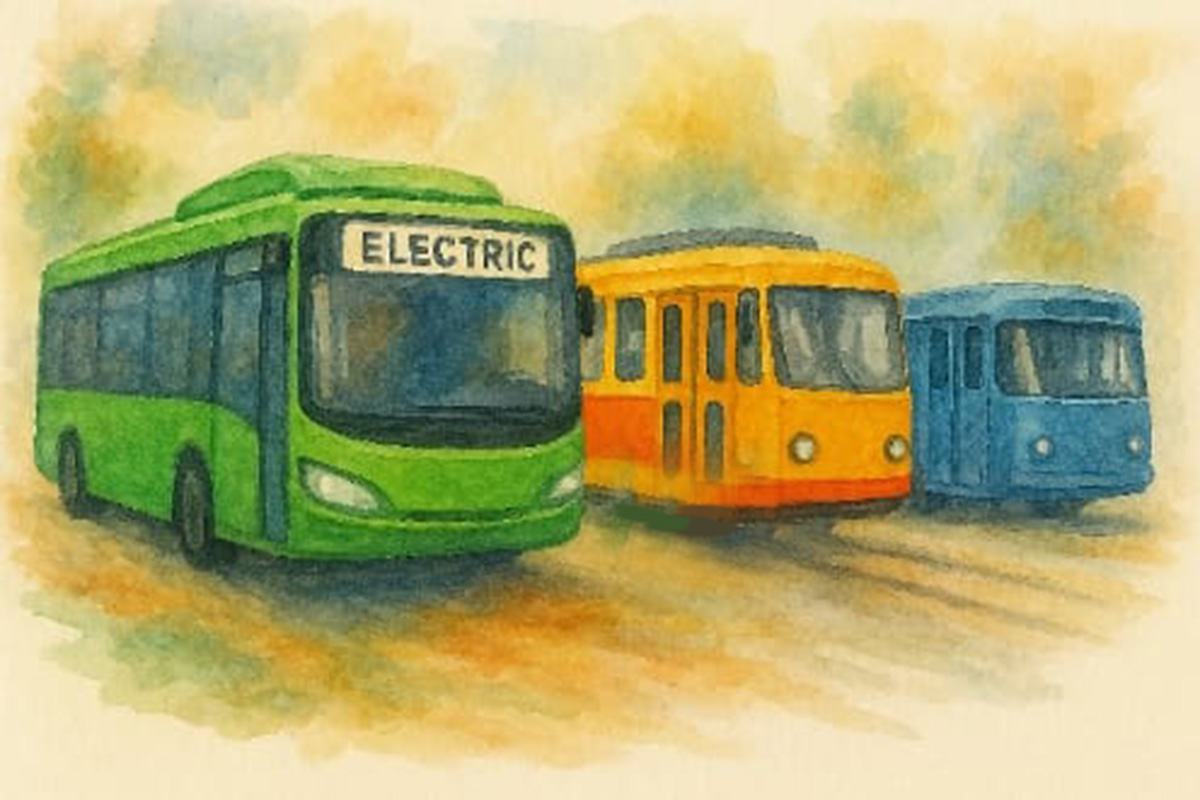
In 2024. electric car sales exceeded 17 million globally reaching a sales share of more than 20%. China maintained its lead with electric cars accounting for almost half of all car sales in 2024. The over 11 million electric cars sold in China last year were more than global sales just two years earlier with one in ten cars on Chinese roads now being electric.
Emerging markets in Asia and Latin America are becoming new centres of growth, with electric car sales jumping by over 60% last year. Policy support and affordable imports from China play a central role in increasing sales in most emerging EV markets.
Across all emerging economies outside of China, Chinese imports made up 75% of the increase in electric car sales in 2024. EV sales in 2025 are expected to exceed 20 million worldwide to represent more than one-quarter of cars sold worldwide. China is poised to continue leading in electric car sales to 2030, achieving a sales share of around 80%. China also continues to be the world’s EV manufacturing hub and is responsible for more than 70% of global production.
Across all vehicle modes, the deployment of EVs replaces the use of more than five million barrels of oil per day globally in 2030. Half of these savings are the result of EV adoption in China alone.
In Nepal, there is a growing interest and conversion to EVs but infrastructure, policy, trade and tariffs will play a significant role in future adoption and transition to going electric. The country’s sales of EVs is growing annually by around 300%, the highest rate of growth in the world. In 2021-2022, more electric vehicles were imported into Nepal than ICE, and in 2023-2024, 11,700 electric automobiles were sold, thrice the sales of petrol and diesel vehicles.
Meanwhile, the government has announced an ambitious goal that aims 90% of all private-vehicle sales and 60% of all four-wheeled public passenger vehicle sales will be electric by 2030. However, policy experts and analytics while lauding the government for this commitment to EV transition as a national goal also criticise the policy inequality and tax structure that they believe will primarily only benefit the wealthy who were already in the market ready to pay 250% tax on ICE vehicles and traders with political influence.
But if the country manages to electrify its public transport system within target and electric supply is uninterrupted, critics will fall silent and electric mobility will be the way forward.





-1763289082.png)
